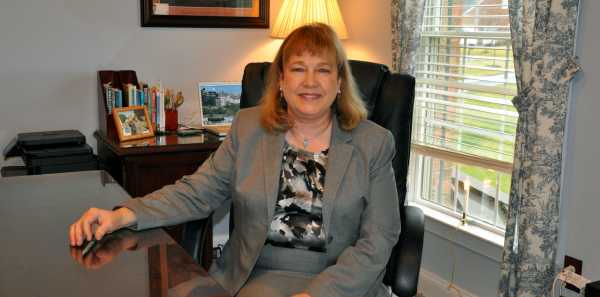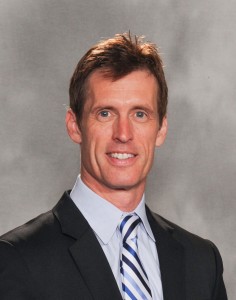
KK: Being able to position the organization well with the cards you’ve been dealt, along with appropriate timing, is a skill set that you and your team have. You’ve created some mic-drop moments for the College, and we definitely appreciate that. Now a more difficult question: Nobody’s perfect, and ACEP can’t be perfect every time. Do you recall a circumstance when there was a challenging topic for ACEP and it didn’t go as well as you would’ve liked?
Explore This Issue
ACEP Now: Vol 37 – No 12 – December 2018LG: Well, it was a very tense moment for me when we did the first Report Card on Emergency Medicine. Dean Wilkerson was new, and we were under pressure to really make this resonate across America. We did 50 state press releases with talking points, working with all of the state chapters. While we were writing, we discovered a data error, but we had already gone out to reporters and presented them the data because you have to work way in advance of a big release. Now we realized we may need to recheck the whole thing.
We all agreed to step back, and without losing any credibility, we needed to tell these reporters. I ended up just being honest with them, saying that we found a data error. We were checking everything, and it all worked out fine. I will give you one that didn’t work, too. The report card was very successful, but that was one of the more tense moments of my life.
We did have a situation that I recall in New York, I believe. We were at a convention center. We did a tele-news conference, but there was no sound! We had a silent news conference broadcasting to the world. I’m standing there, and our spokespeople were there. The press was in the room. We ended up giving everybody who was online the archived tele-news conference. It’s hard to put a positive spin on a silent news conference.
KK: In your years with ACEP, with the specialty and through your critical contributions, is there one thing you think was paramount to your experience with ACEP?
LG: Well, that’s hard. There are so many different moments, but I do remember the Rally at the Capitol in 2005.
Arthur Kellermann called it “the Woodstock of emergency medicine,” which I loved. It was a crazy time; it was very difficult. After the rally, we were going into the Capitol, accepting an award on behalf of the TV show “ER.” I was up on the stage, and the photographer said to me, “Can you have everybody move to the left?” I remember going to the microphone and choreographing a move of emergency physicians I was devoted to serving. It was a thrilling moment to see all those faces, all those white coats, gathered for this important event. The Rally at the Capitol was an exciting moment for me.
Pages: 1 2 3 4 | Single Page






No Responses to “How ACEP’s PR Director Helped Shape Our Story for Two Decades”